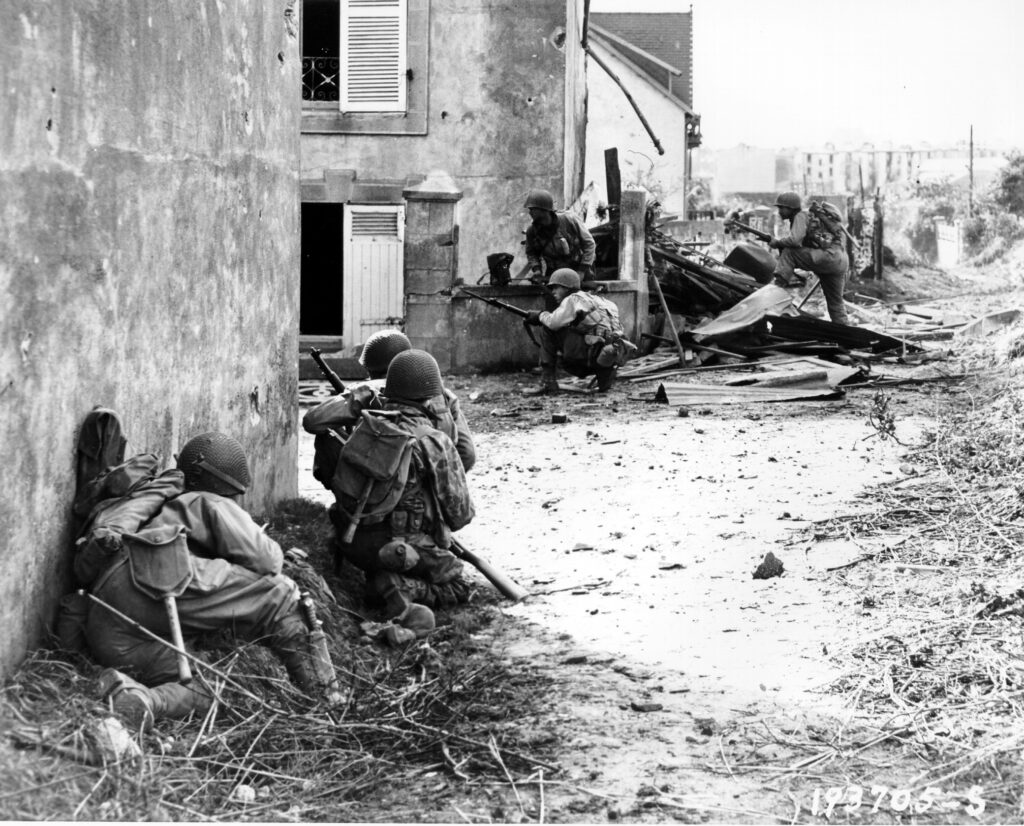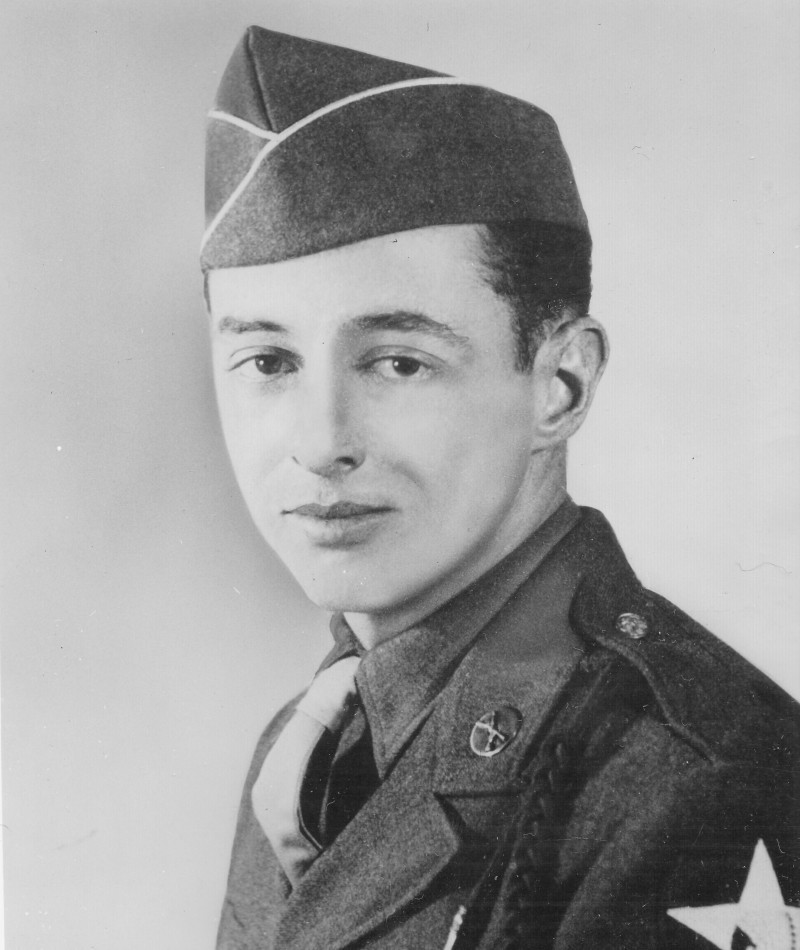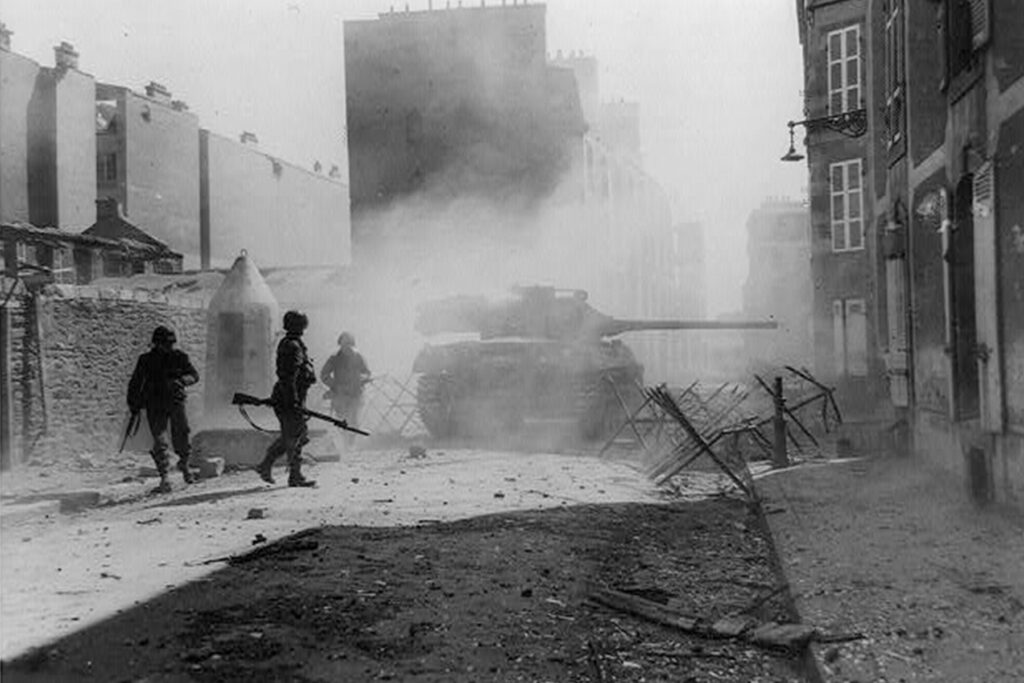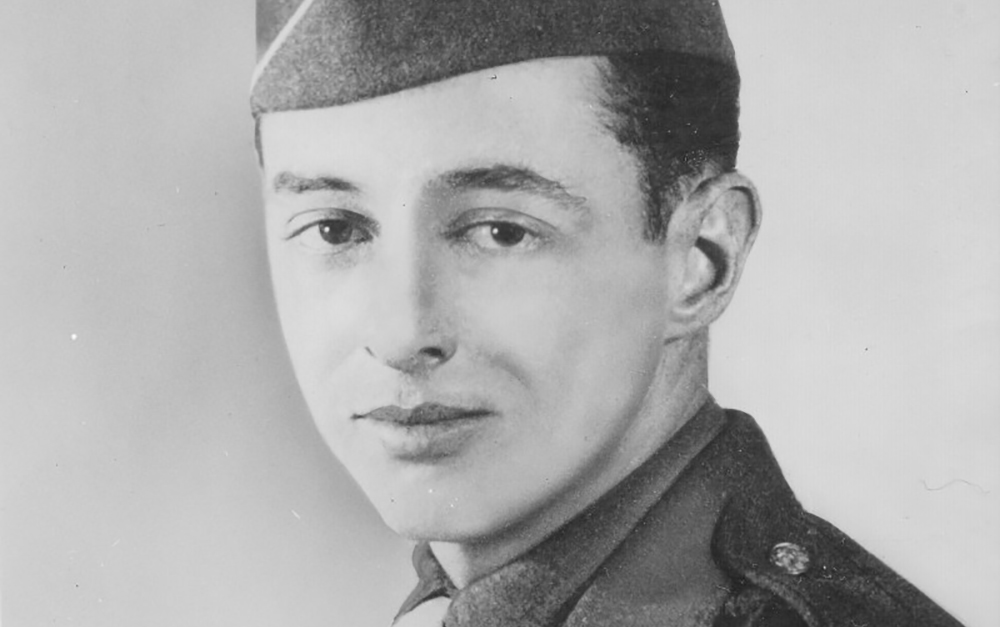The port of Brest was a critical objective for the Allied forces fighting in France after D-Day. To break out of their relatively small portion of France, the Allied liberators needed 37 divisions by September 1944, along with the 26,000 tons of materiel to supply them. To make this happen, they needed Brest and its port.

The Overlooked Battle: the Battle for Brest
Given its importance, it’s surprising that the Battle for Brest is often overshadowed in D-Day history. Admittedly, a lot was happening at the same time. Allied forces surrounded and destroyed German defenders in Normandy. Gen. George S. Patton began his fast-paced thrust across the country, and Allied soldiers were bogged down in hedgerow country.
Even with all that in mind, however, the Allies could not maintain those gains and their foothold in Nazi-occupied Europe with the port of Brest. 75,000 Allied troops began an assault on the heavily-defended city on August 7, 1944, despite the heroism of men like U.S. Army Sgt. John McVeigh, they wouldn’t push the Germans out until nearly the end of September.
A Hero’s Sacrifice: Sgt. John J. McVeigh
The fight for Brest was one of the most brutal battles of the European war and for good reason. Not only was the city vital to the success of the Allied invasion, but when the Allies reached the city in August, they had it completely cut off from the rest of the German Army. The defenders inside had nowhere to retreat, so they dug in. Brest became a fight for survival for the enemy’s 45,000 troops.

Sgt. John J. McVeigh had been drafted into the Army in 1944 while working as a rust proofer. He was promoted to sergeant and was in charge of a platoon of riflemen and heavy machine guns during Operation Cobra; the Allied thrust into Brittany. His men were setting up a defensive position near a hedge to hold their recent gains, but the enemy had other plans.

The Germans launched a counterattack to push the Americans back, which was excellent timing for the Germans and disastrous for McVeigh’s platoon. The heavy guns hadn’t had time to set up yet, and they had no support from his riflemen. The line began to sag under intense pressure from German small arms, machine guns, and even anti-aircraft flak guns.
As the Germans approached and were nearly on top of his machine gunners, 22-year-old Sgt. McVeigh stood up in full view of the enemy and began unloading his M1 Garand rifle. He ordered his men to do the same. Despite his effort to lay down fire and protect his machine gunners, the rounds from his rifle weren’t enough to deter the onslaught of the enemy counterattack.
And they came charging at him.

With his position now in danger of being overrun and out of ammunition for his rifle, Sgt. McVeigh pulled his trench knife, the only weapon he had left, and charged at the oncoming Germans. He killed the first enemy soldier with his knife and charged toward the other three, but he never made it. He was dead, shot at point-blank range. But his heroic charge bought time for the rest of his men to reload and concentrate their fire, killing the three Germans McVeigh attacked and allowing the machine guns time to finish setting up.
When the guns started firing, the Germans were pushed back; their counteroffensive stalled, thanks to the efforts of one man, his knife, and the NCO’s determination to protect his men.
The enemy would hold Brest until September 18, 1944, but by then, Paris had been liberated, and the Germans had been pushed all the way back close to their own border. Sgt. John McVeigh would receive a posthumous Medal of Honor in 1945 for the valiant defense of his men during the battle.
Read About Other Profiles in Courage
If you enjoyed learning about John McVeigh, we invite you to read about other profiles in courage on our blog. You will also find military book reviews, veterans’ service reflections, famous military units and more on the TogetherWeServed.com blog. If you are a veteran, find your military buddies, view historic boot camp photos, build a printable military service plaque, and more on TogetherWeServed.com today.

0 Comments